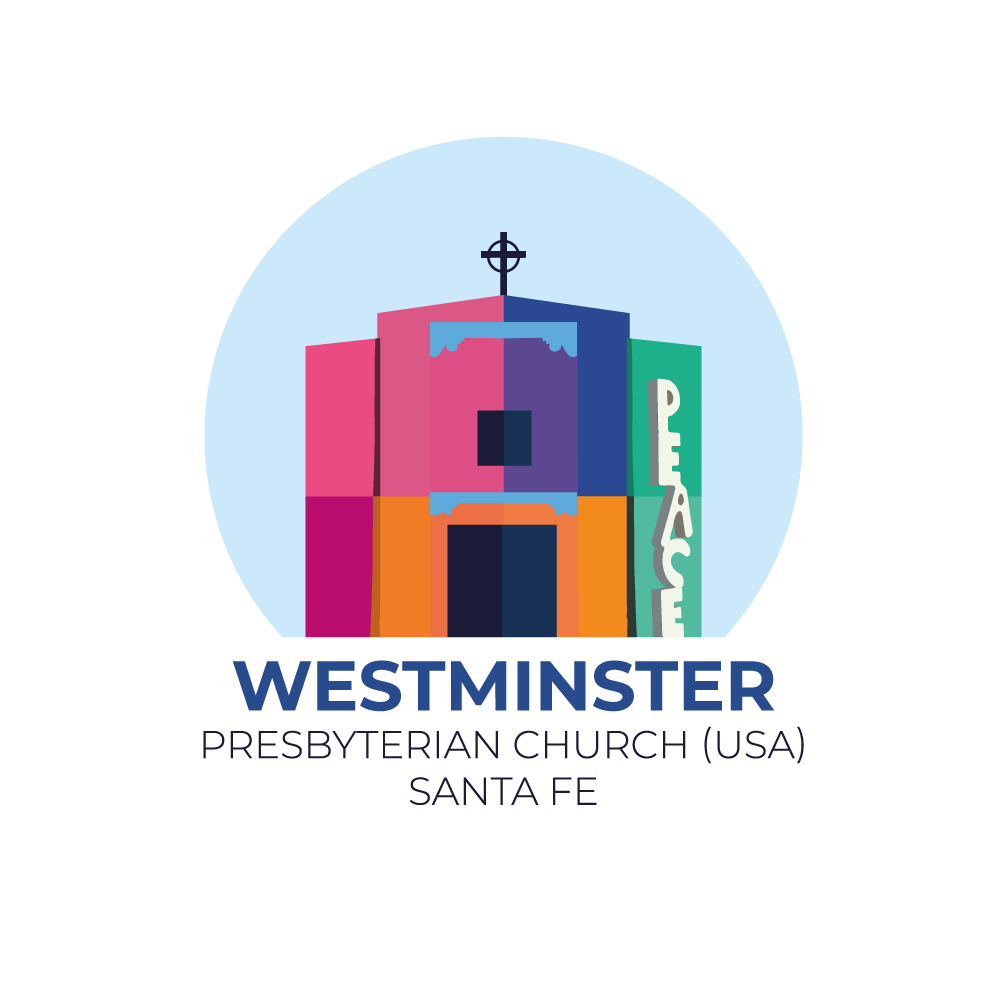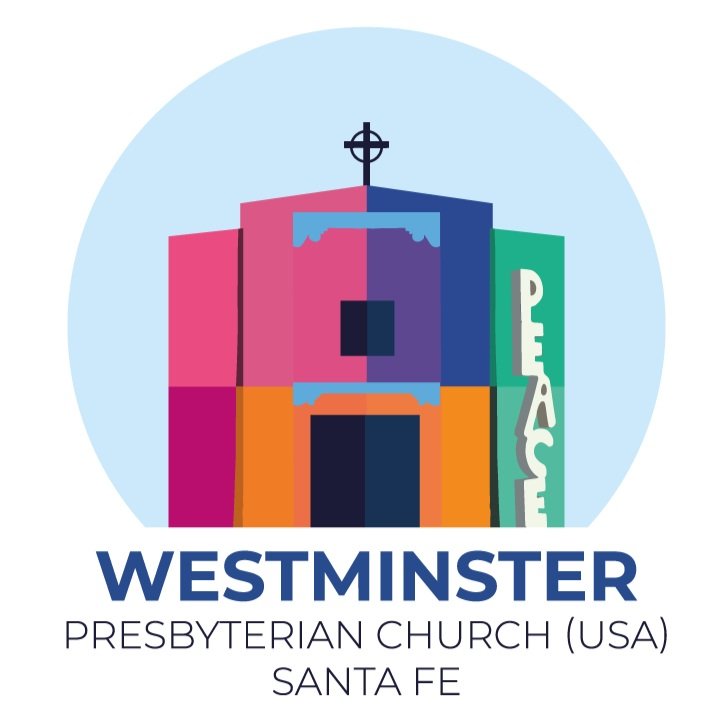Advent 2: How we prepare the way
This sermon was preached on December 4, 2022. The Scripture readings were Isaiah 11:1-10 and Matthew 3:1-12.
How many of you have been confused about how old John is? It took me a sort of embarrassingly long time to realize that John, son of Elizabeth, Mary’s relative is also John the Baptizer. In part, it's because our readings about John come during Advent, before Jesus is born (at least in the narrative). We - or maybe it’s just me - imagine all the texts during Advent predate the birth of Jesus. Which - last Sunday we read a sermon preached by Jesus, so. Clearly this is not how the Advent texts work.
At any rate, here we have John. John the Baptist, John the Wildman, John the Teller of Uncomfortable Truths.
Often we imagine John as a sort of street preacher - standing on a milkcrate, draped in a sandwich board, shouting at the masses. Most of us, when we encounter a street preacher, turn our heads, close our ears, and walk away. Even the door knockers of the Jehovah’s Witness and the Church of Latter Day Saints - apparently at least somewhat effective as they continue to send them out - generally get short shrift at most homes.
But that view, of John as street preacher, does a huge disservice to John and his ministry. He wandered across Judea and the region around the river Jordan, preaching to whomever he could find. He looked a little odd, wearing clothing of camel’s hair, and he ate strange foods - locusts and wild honey. But - or maybe because of that - John was effective. He was compelling.
Hear Matthew again: “Then Jerusalem and all Judea and all the region around the Jordan were going out to him.”
That’s not a small area. That’s an entire geographic region. And while Matthew is fond of hyperbole, there’s always a kernel of truth in hyperbole or it doesn’t work. Crowds were coming to see and hear John. They came down to the river Jordan to be baptized by him, a baptism for the repentance of sins.
John, it turns out, has much more in common with the revivalist preachers of the Great Awakening than a modern day street preacher.
The Great Awakening refers to a period in American history from the early 18th century to the late 19th century that was marked by a series of religious revivals. They came in waves about every two generations. This period in American history is perhaps better known for both the Revolutionary and Civil war. Sometimes, later revival periods are included, such as the Jesus movement of the ‘60s and ‘70s - another period of marked civil and social unrest in the US.
During these Awakenings, people either recommitted or committed themselves for the first time to Christianity. Two hallmarks of the Great Awakening were a deep sense of spiritual conviction of personal sin and need for redemption, and encouraging introspection and commitment to personal morality. And the changes the Awakenings brought changed the face of American Christianity forever. What we now call “fire and brimstone” preaching was an integral part of these revivals - and have you ever heard someone claim Jesus Christ as their personal Lord and Savior?
Whatever the long term consequences of the Great Awakening, each period of revival arose as people experienced a deep dissatisfaction with their lives; felt a deep concern about the state of society; and yearned for something better, something more. The theologians and preachers who came to prominence offered a way out - not a dismissal of the world but an opportunity to change it. They offered what Christian preachers of every age have offered - something to hold on to in the midst of chaos; the promise of grace and forgiveness in the face of a world that seems to be splitting apart at the seams.
And their ministries pulled straight out of John the Baptist’s playbook.
He was, perhaps, the OG Revivalist preacher.
Because John too was preaching in an era of social and civil unrest. Roman military and civil occupation of Judea was always a tenuous thing. The Jewish people, with their monotheistic religion, refused to be subsumed by the Roman pantheistic and civil religion. They were a people with a long history of both oppression and successful rebellion.
And John preached to those people experiencing a deep dissatisfaction with their lives; a profound concern about the state of society; and a yearning for something better, something more. He called them back to the roots of their faith and back to God’s way, a modern prophet for the first century. And maybe some of them were only curious onlookers. But mostly the crowds were people who deeply, desperately wanted to hear what John had to say.
And John did not make it easy on them. He preached hard, true words - words that prepared the way of the Lord, though it would take hard, back-breaking and life changing labor to make that way straight.
Repent, John cried to those who came. Repent! God’s kindom is coming and we are woefully unprepared! Repent - truly and honestly and let it change your life! Bear the fruit of your repentance and let that fruit feed the whole world!
That’s hard work, the labor of a lifetime.
It’s so easy to let repentance mean anything other than turning from our old ways, ways that harm ourselves and others, turning both individual and communal.
We forget that repentance is a posture, a position, a practice that we will use our whole lives. It’s not temporary.
We let repentance get co-opted by the Christian right, where repentance becomes a stand-in for self-righteous condemnation of those unlike us.
We substitute confession for repentance, miring ourselves in thoughts and prayers and navel-gazing, forgetting that repentance means change.
Despite all that, John’s call to repentance feels ever more urgent in these times of pandemic and endemic and war and violence and civil unrest and confusion and division. We are a people experiencing deep dissatisfaction with our lives; feeling profound concern about the state of society; and yearning for something better, something more.
And from two thousand years ago, John appears out of the wilderness, stands on the banks of the Jordan, and calls us to turn from our old ways, to make a deep and life-altering change.
This turning is perhaps especially hard for those of us who have power. Power wants to sustain itself. We who have power do not want to give it up. We can’t fathom that anything good would come from letting go of what we have. We look to our own ends first - selfish, often short-term ends. And yet true repentance will require a reckoning and equalizing of power.
Repentance is hard work, and it is not fun, and it will exhaust you, and it is work to which we are called.
Because we are also called to be peace-makers, and if we are to have any hope of seeing God’s vision for peace come to life in our time, we are going to have to change. Our ways will not serve us anymore.
At the beginning of worship, we lit the second Advent candle, the candle of peace and we envisioned together the peace Isaiah describes. That peace is undergirded with a lot of hard work. It doesn’t come together out of nothing; it comes out of justice being done, out of loving our neighbors even and especially when it's hard. It comes from treating the wounds of our nation, wounds that have festered too long: racism, sexism, anti-semitism, white supremacy, and Christian nationalism.
Hear the prophet Jeremiah, “They have treated the wound of my people carelessly, saying ‘peace, peace’, when there is no peace.” (Jer 6:14).
Hear the rallying cry of protestors following the violent deaths of black people in this country: “No justice, no peace.”
The candle we lit today is not a candle for a false vision of peace. This candle is meant for peace-making, for disruption and agitation. This candle is to remind us to treat the wounds of the people carefully and with dignity. This candle burns for justice that brings peace.
And here’s where we start:
Hearing John on the riverbanks, as he preaches and proclaims God’s word to all who will hear it: Repent! Repent! God’s kindom is coming and we are woefully unprepared! Repent - truly and honestly and let it change your life! Bear the fruit of your repentance and let that fruit feed the whole world!
This is how we prepare the way of the Lord, together.
This is how God’s peace will come: by our turning toward the One who is the Prince of Peace.
May it be so.
Amen.

